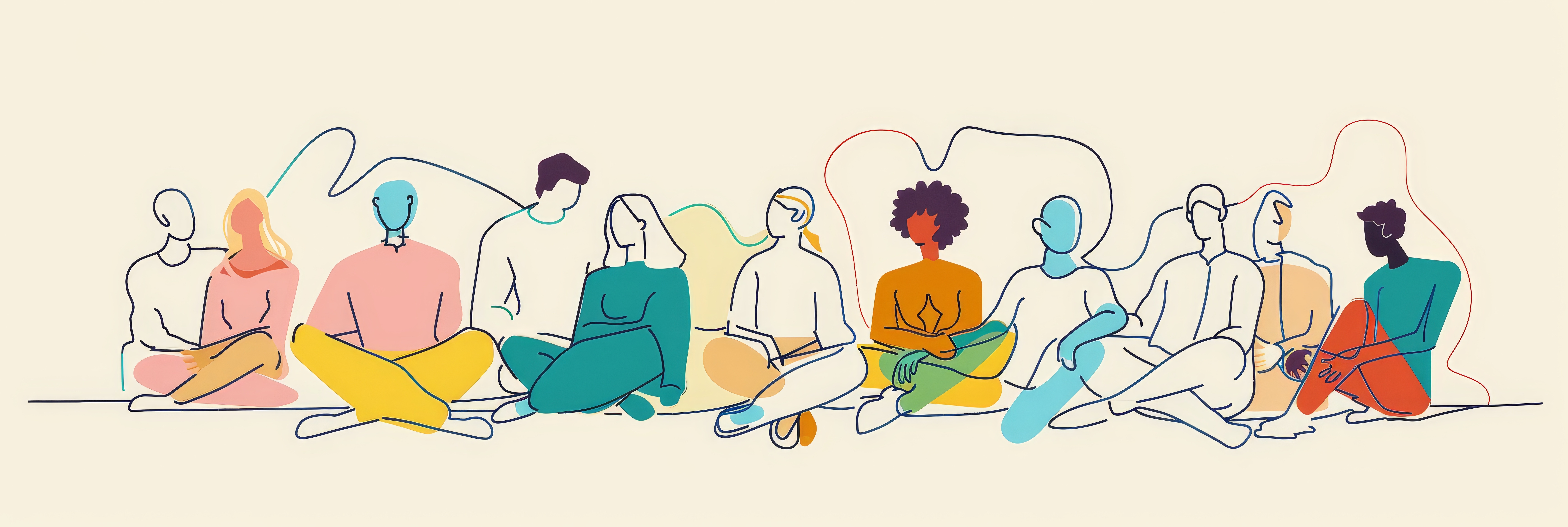[vc_row][vc_column][vc_column_text]
By: Jessica Ward, MS, RD, CEDRD, Director of Therapeutic Services
Staying active is good for our mind as well as our body, and as we celebrate Mental Health Month in May, it is a great time to remember that our physical health plays a key role in our mental health. The human body is comprised of many inter-related systems, and changes to one part of the system can have significant effects on the other parts, sometimes in ways, we didn’t even imagine!

Physical activity can be a challenging topic for those with an eating disorder as it can often become a behavior associated with their illness. At the same time, there is overwhelming research proving physical activity as beneficial – in addition to helping our mental health; it can help us to live longer, and strengthen our bones and muscles. To sort this out, we should remember the keys of variety, balance, and moderation as previously discussed.
Variety in Our Activity
When considering physical activity, think of activities that you enjoy. There is a common misconception that exercise must be rigorous to provide a benefit. However, the idea of joyful movement is often helpful in eating disorder recovery because it emphasizes that activity should bring joy and happiness. It should be something we enjoy doing! It is important to remember that any movement helps us, it doesn’t have to be complicated or strenuous. Find what works for you; it may be taking a short walk, enjoying daily yoga, or heading to the park for a game of frisbee. We all have a variety of interests, and our physical activity should be varied as well, which helps to keep it exciting and fun as well as providing significant physical and mental benefits.
Balance in Our Routine
As we work with clients at Selah House regarding adding physical activity to their recovery, we also ask them to look at balance. Incorporating balance into your physical activity is equally as important as integrating it into other areas of your life. If you have a day where you planned to do some physical activity and then life intervened and interrupted your plans, how well can you accept the change of plans? Can you reschedule easily for another time or create an alternative you will still enjoy? If so, you probably have some healthy balance. However, sticking with the schedule change at the cost of safety, relationships, sleep, etc., may mean it is time to seek professional help and discuss the role of physical activity in your life.
Moderation with Our Support System
Physical activity is also more enjoyable when shared as time with friends or loved ones. Maintaining and building a relationship while doing something fun and active can benefit us in so many ways. It also helps us with moderation! Because eating disordered behaviors can thrive when we are isolated, being physically active with someone else helps put our overall well-being first. Picking activities that are easy to include in your routine and having a healthy support system are essential. Remember, support systems help us become our best selves.
Also, physical activity does not have to last for hours. Research shows that just 1 hour of physical activity a week is related to lower levels of mood, anxiety, and substance use disorders. Physical activity has been proven to help reduce the symptoms of depression, anxiety, and negative feelings. Even small amounts of physical activity can provide improved cognitive functioning and self-esteem.
As we celebrate Mental Health Month, grab your friends and family and do something you enjoy!
_________________________
“I can do all things through him who strengthens me.” Philippians 4:13

 Call
Call

